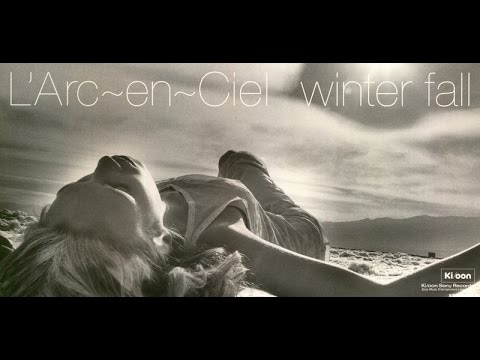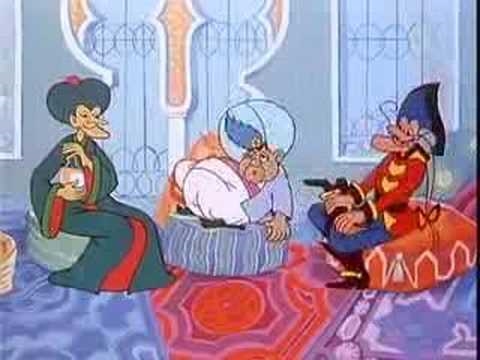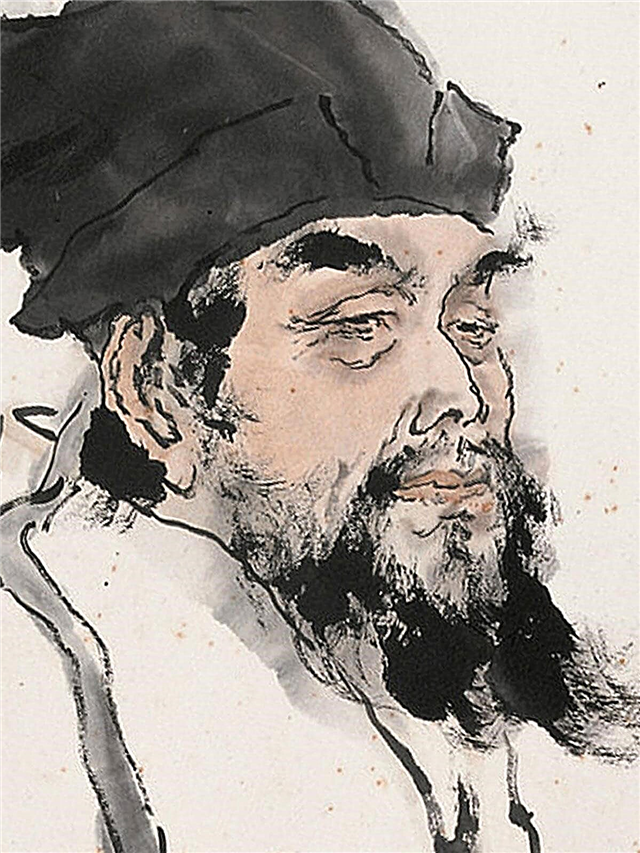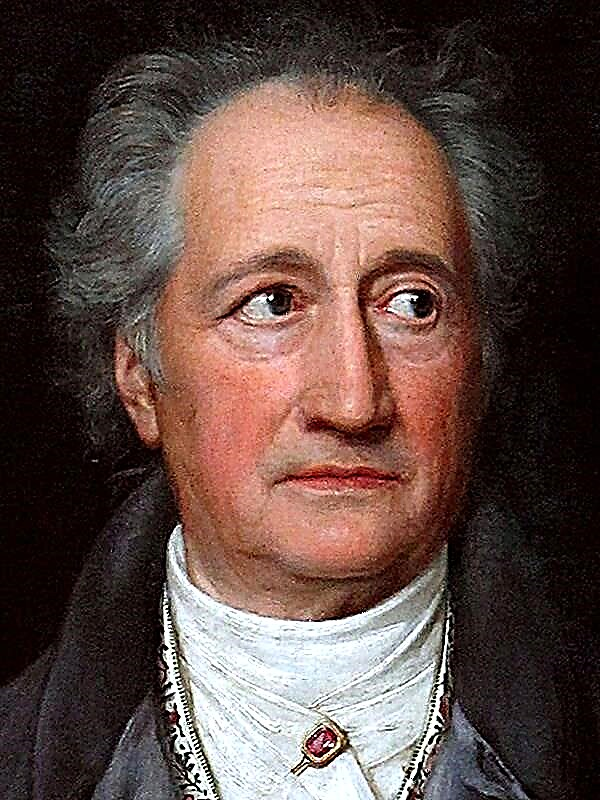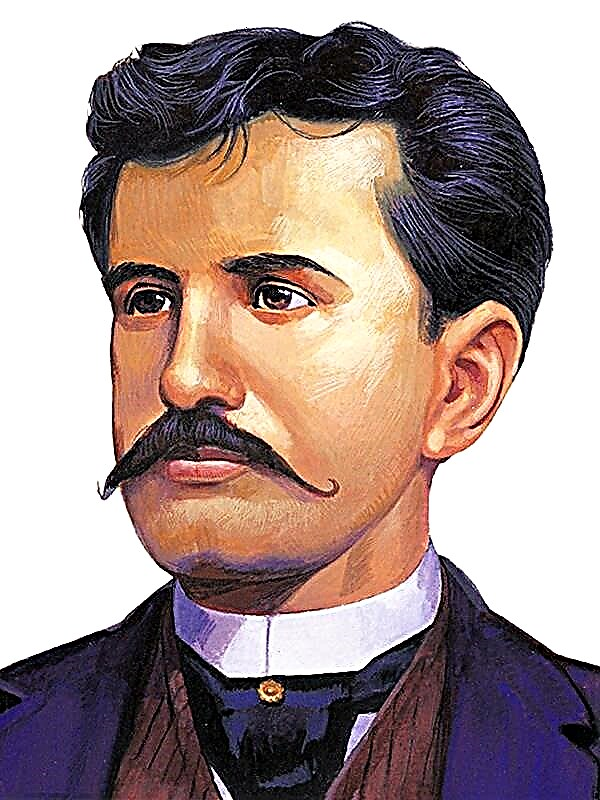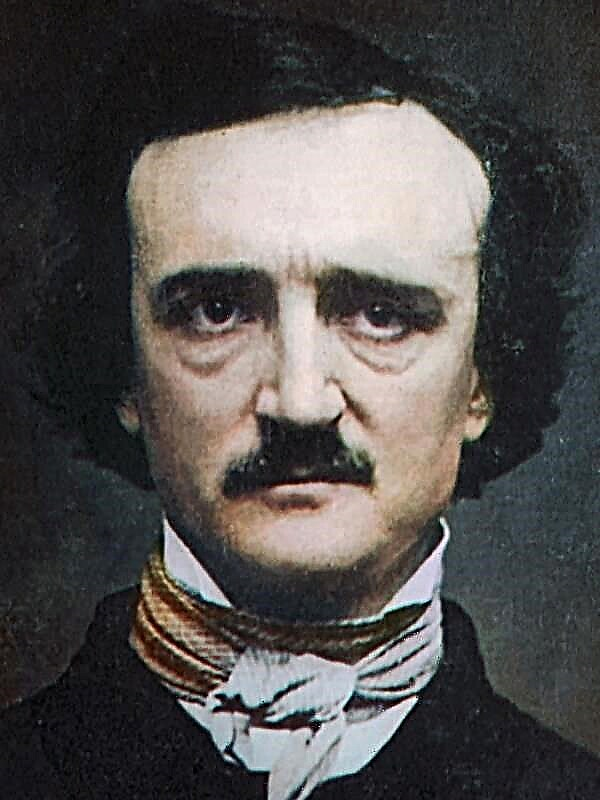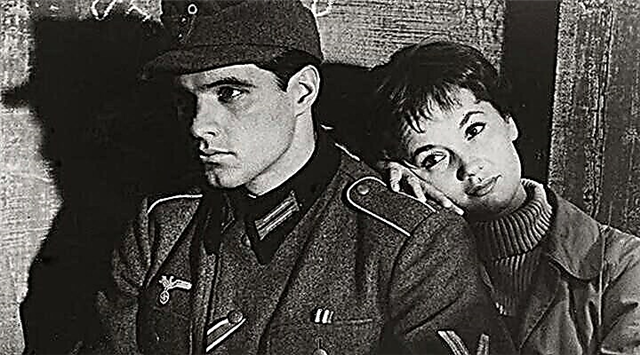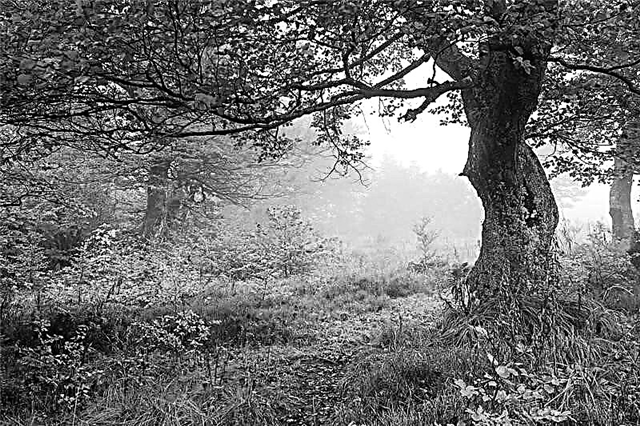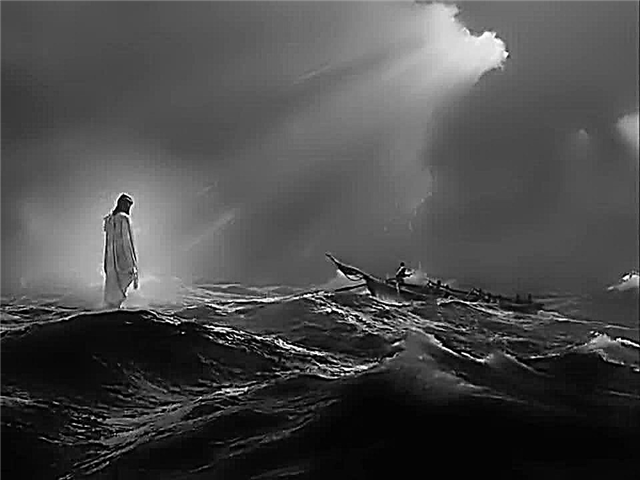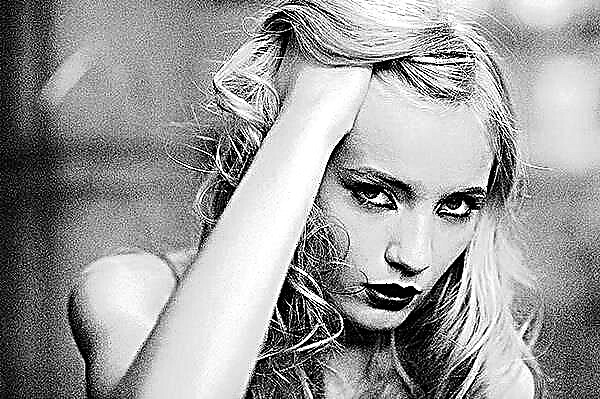: Children get on the street performance of an armless cripple. What they see scares them, collides with the contradiction of life. Children stop fantasizing, realizing that life is not beautiful for everyone.
The narration is conducted on behalf of a ten-year-old boy, whose name is not mentioned in the work. In the retelling, the original division into chapters is preserved, but their names are conditional.
1. Fairytale world of games
Two brothers of ten and eight years old lived in a house, the porch of which overlooked a large courtyard with many other houses, residential outbuildings and sheds. Their favorite place was the corner of the courtyard between the sheds, where almost no one had entered. In its center stood a garbage heap, which was crowned by a body from an old carriage. In this body, the brothers spent most of their time traveling to imaginary countries and experiencing incredible adventures.
In the corner of this nook and cranny under a spreading poplar stood a large barrel full of rotten water, in which strange creatures had already wound up. The boys spent the last week sitting above this barrel of homemade fishing rods. Subconsciously, they hoped that someday a miracle would happen and a fish would bite on a fishing rod.
... then we had no idea about the purpose of life ...
2. The charm of games is destroyed
Paul, the footman of their father, once torn the boys away from this occupation.
Paul is a footman, a sober and mocking man
Seeing what the children were doing, Paul was surprised. He mockingly examined their homemade fishing rods and hooks, shook the barrel so that an unpleasant smell came from it, and pushed his old carriage with his foot, from which another board fell off.
The magical charm of the game was destroyed. The carriage turned into an old junk, and strange creatures inhabiting it disappeared from the barrel. Paul called the boys into the courtyard, where all its inhabitants had already gathered.
3. Clash with reality
At first the boys decided that they would be punished for some long-forgotten trick, but then they saw a strange creature in the middle of the crowd. He was a man with a very small body, completely covered with a lush beard with gray hair. He had a large head and very long, thin legs, but had no hands at all. He moved on a small cart.
A tall subject with a long mustache accompanying the strange creature named Matvey announced that it was his relative, a phenomenon, a miracle of nature, "the nobleman of the Zaslavsky povet, Jan Krishtof Zalusky."
Jan Krishtof Zaluski - cripple, dwarf, phenomenon, born without hands, smart and ironic, commands his relative
Matvey - Jan’s relative and assistant, stupid, cripple obeyed in everything
He had no hands from birth, they were completely replaced by legs, in addition, Jan was very smart and saw through the past, present and future. It was noticeable that he was the main one among the two.
The show began. Ian showed how he eats, combes himself, dresses, puts a thread in a needle, counts money and even gets baptized with his long legs, and Matvey periodically went around the audience, collecting coins in his hat.The smart eyes of the phenomenon looked mockingly and ironically, and all the actions were given to him with difficulty.
One of the residents, Colonel Dudarev, a former military doctor, a kind and generous man who helped all neighbors, including the yard, for free, gave the phenomenon a silver ruble. Ian promised to give it to the first beggar he met.
Dudarev - Colonel, former military doctor, noble and disinterested, an example for boys
From another neighbor, the old bachelor of Pan Ulyanitsky, a quiet, insinuating and unpleasant person, the phenomenon collected tribute three times.
Ulyanitsky - a gentry, a bachelor, an unpleasant type with insinuating manners, doing something incomprehensibly
Finally, Matvey announced that, among other things, Jan is able to write, and he can write an aphorism for everyone who wishes for a fee “for spiritual benefit and comfort”.
Then Jan's eyes fell on the brothers, and he decided to write an aphorism for them. The boy was afraid that the phenomenon would tell something about his future, from which he would be ashamed of his whole life. Ian looked at him softly and thoughtfully, and then wrote on a white sheet: "Man was created for happiness, like a bird to fly."
The phenomenon emphasized that on his behalf this aphorism sounds like a paradox, because he is also a man, but he is least created for flight and happiness.
This is an aphorism, but also a paradox together. The aphorism in itself, a paradox in the mouth of the phenomenon ... Ha ha! This is true ... The phenomenon is also a man, and it is least created for flight ...
Matvey went around the audience for the last time, collecting food for the countless Jan family.
4. Childhood is over
Mom brothers fed the phenomenon and Matvey lunch. The boys saw Matvey go down the lane, dragging a cart with a phenomenon. They met an old beggar with a little girl, and Jan, overcoming the resistance of his companion, gave him a silver coin.
From that day on, neither the barrel nor the old carriage seemed to be magical for the boys anymore. At night they slept poorly, "cried out and cried for no reason." He dreamed of the eyes of the phenomenon, "either cold and cynical, now tucked up by internal pain."
Mother stood up and baptized us, trying to protect her children from the first contradiction of life, an acute splinter thrust into children's hearts and minds ...

